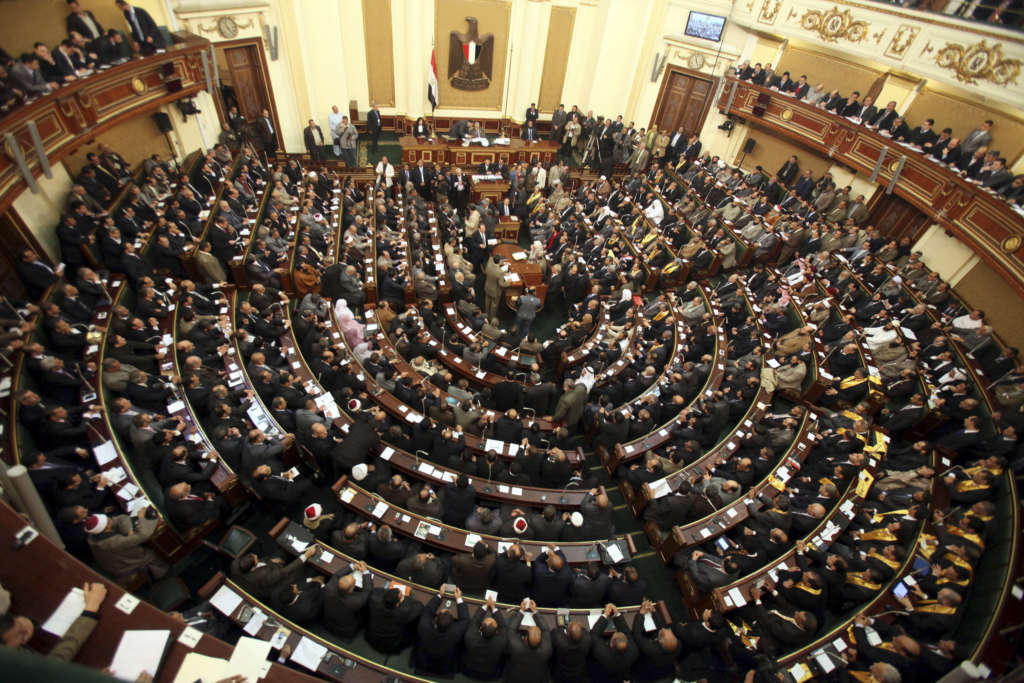Cairo-In an attempt to curb the uncontrollable fatwas that are sweeping Egyptian media, the Egyptian Parliament is preparing to face clerics issuing such fatwas on social media with a number of laws.
“The Egyptian parliament is currently discussing three laws to control this phenomenon,” said sources in the parliament that are close to the matter.
“These laws will include specification of the sources allowed to issue fatwas and approval of prison sentence and a fine of about 100,000 Egyptian pounds to those who appear on TV channels without permission.”
Egypt has been suffering from randomly issued phenomenon, especially after the number of muftis showing up on TV channels increased lately.
Talk shows and religious programs on TV have exceeded the limits of discussing political matters, worship and morality to reach a point where random clerics issue and discuss fateful fatwas.
The three law drafts submitted by members of the Religious Committee in the parliament are to regulate the work within Dar al-Ifta, organize the public fatwa and limit the appearance of clerics on TV programs without having a license.
Parliamentary sources said that the new law will serve al-Ifta institution and is going to be welcomed by all the members in parliament.
Meanwhile, observers believe there are fears that the parliament would infringe Egypt’s Dar al-Ifta’s authorities.
However, parliamentary sources confirmed that these new draft laws serve the public interest and religious institutions in general.
In this matter, Secretary of the Religious Committee at the Egyptian parliament Omar Hamrouche presented a draft law on regulating fatwas.
The law will limit the issuing of religious edicts to senior scholars at al-Azhar and Dar al-Ifta and put an end to the numerous fatwas that incite violence and intolerance.
Hamrouche said that the draft law does not target a specific movement, but is intended to regulate fatwas in general in order to achieve a moderate religious discourse and highlight the tolerance of Islam after numerous fatwas were issued calling for intolerance and discrimination.
